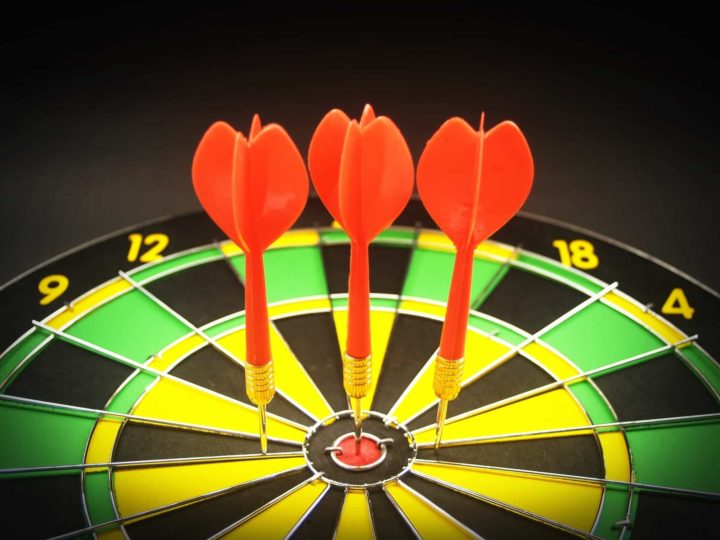I found that although it might be useful to be passionate about something to begin with, it has nothing to do with actually getting successful with that very something.
Although it might be very helpful, it is not the defining factor.
More than often I realized that it is the initial success that keeps us motivated to putting in the daily work. With every little step we get closer to our goal, we tend to become more passionate about it. Your passion increases with the level of success you experience in your life.
We get re-assured that what we do makes an impact on the world. We learn that it does make a difference when we keep working on our skills and talents each day, because we see the progress. So the more success we experience with the stuff we decide to do, the more passionate we feel about it.
So why does not everybody get successful with the stuff they love to do?
The problem is that they do not “measure” correctly.
When ever people complain about not getting ahead in life or not seeing their progress, it is because they tend to oversee their actual results they are getting.
And of course, this is totally understandable. It is very hard to measure progress when you are for example starting a business, learning a language, playing an instrument.
In the beginning progress seems very obvious: first you could not play that very note. Now you can. The contrast is big, so you know the difference and see the results. It could become harder to see your improvements later though.
Instead of looking for improved results, try a different approach:
Totally let go of the results and your opinion on them.
Whatever you try to achieve, instead of focusing on the outcome, try to focus on your personal progress.
Instead of asking “Do I make any progress at all?!”, ask “Did I commit to my personal processes fully?”
Come up with principles you know will lead somewhere, then trust in them and apply them.
For example: “Whatever happens, come hell or high water, I will put in two hours of concentrated and focuses work and training into that very skill every day.”
That’s a very precise progress. You either followed through, or you didn’t. It’s very easy to measure.
You have to trust in the fact that this process will benefit you in the future or you will doubt it some time soon.
But to be honest, it is very easy to make yourself believe that if you would put in two hours each day into something, that in the end it DOES benefit you and you become better with it, isn’t it? That is two hours a day, 14 hours a week, 62 hours a month, 730 hours a year, and 2190 hours in only 3 years.
Do you believe that your “results” will improve by putting 2190 hours into a new skill?
Now imagine you put in six hours instead of the initial two hours per day…
Becoming a successful expert in any area of life is inescapable as long as you put in the time and commit to it!




